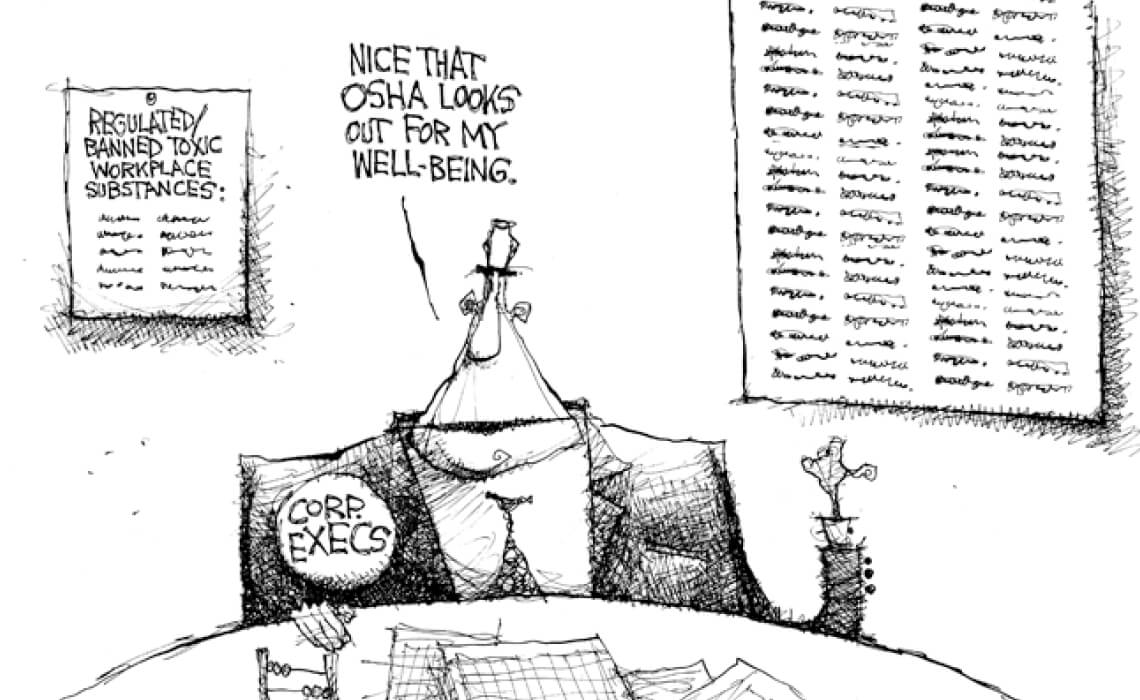Original reporting

To comply or to defy
Eight months after Dodd-Frank, banks hope to block a provision that could eat into their debit-card swipe fees, insisting that there is no way to adapt to a world of lower fees except at heavy cost to themselves and some customers.
Will there be risks to U.S. travelers flying domestically in wake of Japan's nuclear disaster? Is anyone assessing?
One might imagine that U.S. government agencies are well-versed in the physics of how, when, over what period of time, and with what consequences, radioactive particles may rise to the altitude of the jet stream, there to be transported from Japanese air space across the Pacific Ocean until some subset of those particles were circulating in the jet stream over the United States.
One might also imagine that a basic level of national security vigilance would mean that these agencies had definitive plans in place to coordinate with one another, apply established standards of radiological safety to the context of air travel in and through that jet stream, and update the public accordingly.
At least in respect to the second set of imaginings, it appears that one would be wrong.
One might also imagine that a basic level of national security vigilance would mean that these agencies had definitive plans in place to coordinate with one another, apply established standards of radiological safety to the context of air travel in and through that jet stream, and update the public accordingly.
At least in respect to the second set of imaginings, it appears that one would be wrong.
Passing new bucks?
Next month, voters in some New Jersey towns will decide whether to raise their own property taxes beyond a state-mandated two percent cap or to continue to cut services. But are those really the only two choices?
Recruitment of foreign physicians: a zero-sum equation?
Proposals to address the U.S. physician shortage by relying on foreign doctors meet with concerns, both practical and ethical.
Ruckelshaus weighs in on EPA-bashing
It’s a lamentably old sport, says the agency’s two-time leader, who occasionally dares to dream about a more constructive relationship between Congress and federal rule-makers.
Nurses to the rescue?
With little action being taken to deal with an increasing shortage of physicians, some say that expanding the scope-of-practice of advanced practice nurses can help fill the gap.
Warnings of doctor shortage go unheeded
Despite looming public health crisis, lawmakers have yet to seriously address the problem.
Regulators don't listen to us
On the Issa Committee stage, businesses accuse the Obama Administration of ignoring their complaints. The examples they cite suggest that such complaints are being heard loud and clear.
Imagining an alternative to State-eat-State
What if, instead of persistently undercutting each other, states banded together in interstate agreements?
College: important, but not magic bullet
[From 2011] Pundits and policy-makers like to tout more education as the solution to stagnant incomes or widening inequality. But a closer look suggests that “the education answer” is incomplete.
Copenhagen comes to New York?
One big roadblock: politicians who can't imagine constituents changing the way they commute.